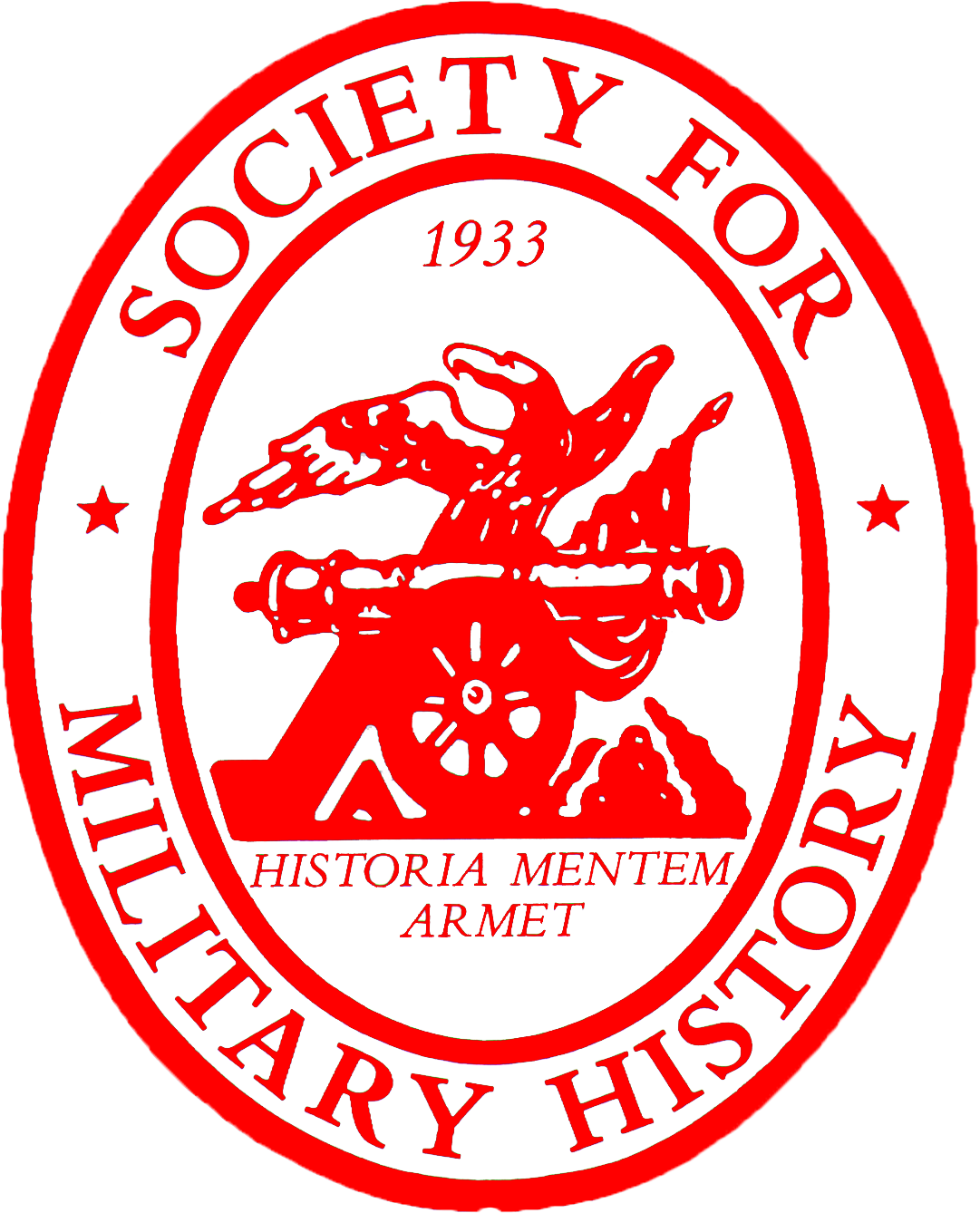
Roger J. Spiller (1944-2017)
Roger Joseph Spiller, active member of the Society for Military History, died on 13 August 2017, in Leavenworth, Kansas. He was born in Bonham, Texas. Enlisting in the U.S. Air Force in 1962, he served for three years’ as an air rescue medic, and then enrolled at Southwest Texas State University (now Texas State University) in San Marcos. His studies produced a BA in English Literature and International Relations (1969) and an MA in History (1971). Completing the Ph.D. in History at Louisiana State University in 1977 under the direction of T. Harry Williams, Spiller taught for three years at Texas State. Having broad interests in history, he researched widely and published on a range of topics—experiences of soldiers in combat; combat motivation; military leadership; PTSD, combat fatigue, and military medicine; urban warfare; World War II; how wars end; “memory” and war; war and film. Filmmaker Ken Burns called upon him as an advisor for two documentaries, “The War: World War II” and “The Vietnam War,” scheduled for September 2017 on PBS television.
Spiller built a remarkable reputation as a speaker and wrote books, articles, and book reviews in history journals. As a contributing editor to American Heritage he wrote eleven articles for that magazine. Spiller’s own books and monographs included Not War but Like War: The American Intervention in Lebanon (Fort Leavenworth, 1981); Sharp Corners: Urban Operations at Century’s End (Fort Leavenworth, 2001); An Instinct for War (Harvard, 2005); In the School of War (Nebraska, 2010). Works as editor included Dictionary of American Military Biography (3 vols., Greenwood, 1984), recognized by the American Library Association as notable reference work of 1984; Combined Arms in Battle (Fort Leavenworth, 1992); Reporting World War II (2 vols., Library of America, 1995); Human Bullets: A Soldier’s Story of the Russo-Japanese War (Nebraska, 1999). His most recent work, published in April 2017, was a long introduction to accompany his fresh translation from the French of Ardant du Picq’s classic book, Battle Studies (Kansas).
The U.S. Army employed Spiller as an historian in several locations, including the Army Readiness Command. He settled into a professorship at the U.S. Army Command and General Staff College, Fort Leavenworth, Kansas, and taught there for twenty years. Working with others, he helped set up the Combat Studies Institute and later became Director of CSI. Spiller was the first person to hold the George C. Marshall Chair in Military History at CGSC. Those enrolled in his CGSC seminars recalled how challenging and valuable they were. West Point cadets benefited from his discussions and commentary when he held the positions of Visiting Professor of History and Charles Ewing Chair of Military History at the U.S. Military Academy, 2007-2008. Across his career he served as advisor to senior military officers and always urged them to think skeptically and read widely—as he did.
An ardent supporter of the Society for Military History, he contributed in numerous ways, including recruiting new members, working with several committees, and serving when elected to the Board of Trustees. The Society’s conference planners invited him to deliver papers on his research as well as to give comments and chair panels.
To get outdoors, cycling became a high priority for Roger. Seeking substantial biking challenges, he participated in the annual long-distance “Bike Across Kansas,” often riding alongside his son, Galen. Roger accepted good-natured kidding about his colorful cycling attire.
Roger generously contributed to the lives of friends and colleagues. They counted on him to comment on their work, recommend books, and offer suggestions. Words of encouragement from him carried great weight. Enlivening conversations with insightful analysis, his remarks sprang from eclectic reading of both fiction and nonfiction. Never bashful, he punctured feeble assertions and questioned accepted conclusions. Some associates believed that these traits came from his years at LSU and the free wheeling exchanges in the History Department’s main lobby, but others knew it was in his nature. At the same time, he interjected humor in all sorts of conversations. In so many ways, Roger will be sorely missed by friends, colleagues, and military historians.
He is survived by his wife of 46 years, Irene, and son Galen.

